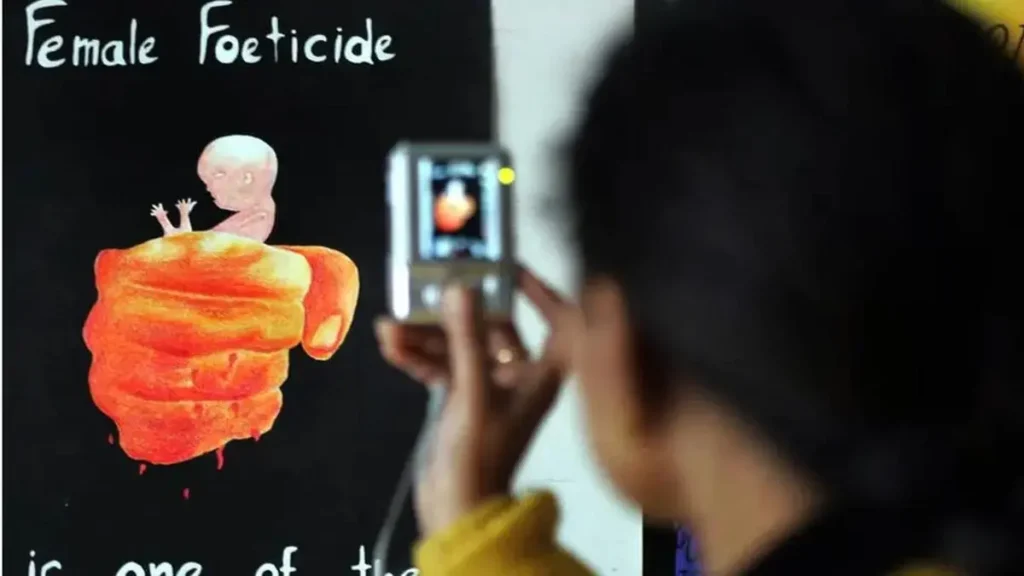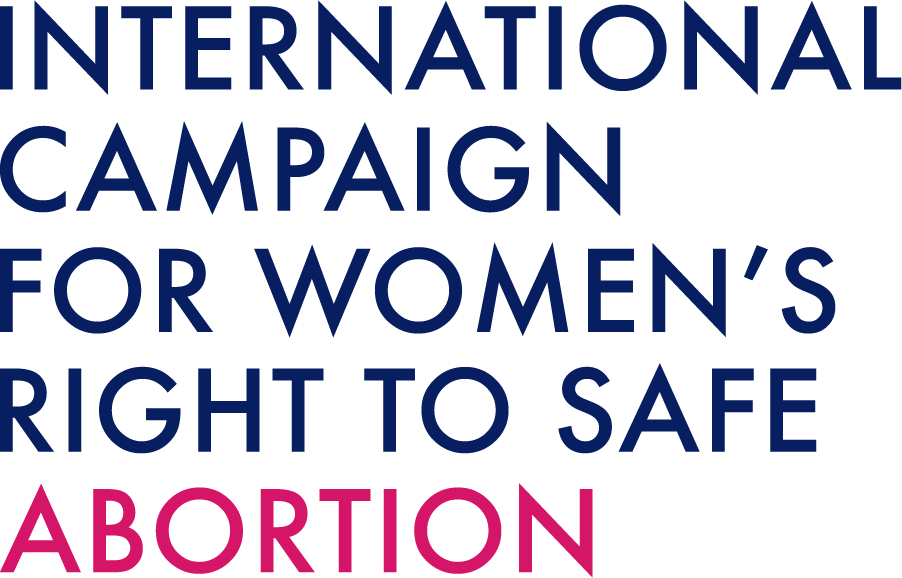
Sons at Any Cost: India’s Struggle Against Illegal Sex Determination
Nearly three decades after India passed the Pre-Conception and Pre-Natal Diagnostic Techniques (PCPNDT) Act to prohibit prenatal sex determination, the practice continues to flourish underground. Across many states, illegal networks involving doctors, technicians, and brokers operate sophisticated systems that help parents learn the sex of the fetus — and often lead to the abortion of female fetuses.
Recent raids in Karnataka, Haryana, Gujarat, and Delhi have uncovered interstate operations using portable ultrasound machines and encrypted communications to evade detection. These investigations revealed that sex determination could be arranged for as little as ₹20,000 (about €220) — a sum that buys not only information but often the fate of an unborn girl.
Despite thousands of inspections and the registration of hundreds of cases, conviction rates remain below 10 percent, largely due to weak enforcement, lack of evidence, and the complicity of local authorities.
Yet experts say the real problem lies deeper than technology or enforcement. “When society places a higher value on sons than on daughters, even the best laws will fail,” says activist Varsha Deshpande, who has worked for years to expose illegal clinics. “Every time we discriminate against unborn daughters, we deny them their constitutional rights even before birth.”
Demographers estimate that India has more than 63 million “missing women”, a haunting statistic that reflects decades of gender bias and selective abortions. The skewed sex ratio fuels further social crises — trafficking, child marriage, and gender-based violence.
Feminist groups argue that the fight against illegal sex selection must include public education, economic empowerment of women, and stronger accountability within the medical system. Only by addressing the root causes — patriarchy, dowry expectations, and economic insecurity — can the cycle of son preference be broken.
India’s experience reminds the world that women’s reproductive rights must go beyond access to contraception and safe abortion. They must also include the right to be born — and to be valued equally.
Source: Frontline – The Hindu




















